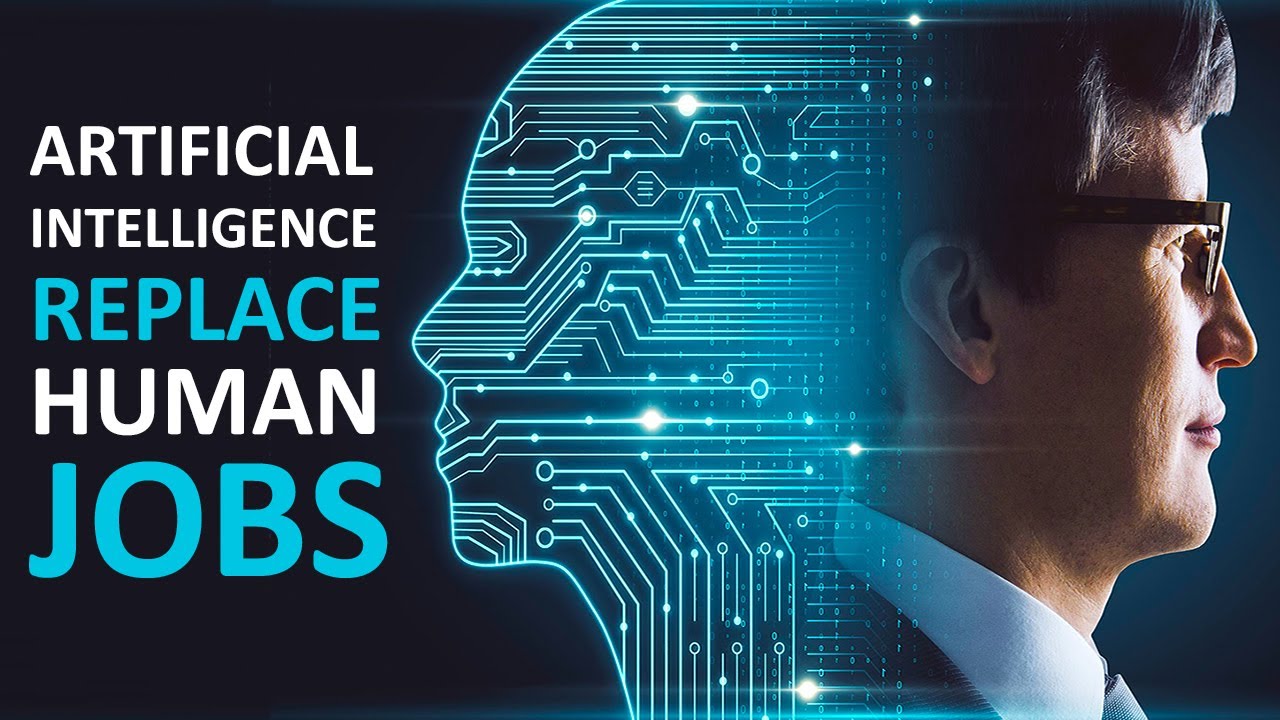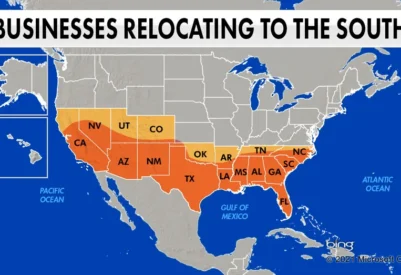
Southwest Tribune Newspaper
Rochester, NY- Artificial intelligence (AI) has undoubtedly been making significant advancements and impacting various industries in recent years.
While AI has the potential to automate certain tasks and improve efficiency, the notion that it will completely replace humans in almost every job field is an exaggeration and oversimplification of the situation.
Here are a few reasons why AI is unlikely to completely replace humans in the majority of job fields:
1. Complex Decision-Making: Many jobs involve complex decision-making processes that require human judgment, creativity, and emotional intelligence. While AI can analyze data and provide insights, it often lacks the ability to fully understand context, emotions, and human values, which are crucial for making complex decisions.
2. Human Interaction and Empathy: Jobs that involve direct human interaction, such as healthcare, counseling, customer service, or teaching, require empathy, understanding, and emotional support. While AI can assist in certain aspects of these jobs, the human touch and connection are irreplaceable in many cases.
3. Creativity and Innovation: Fields like art, design, writing, and music rely heavily on human creativity and innovation. AI can assist and enhance these creative processes, but it cannot replicate the unique perspectives, emotions, and experiences that humans bring to the table.
4. Adaptability and Flexibility: Humans possess the ability to adapt and learn quickly in dynamic and unpredictable environments. Jobs that require adaptability, problem-solving, and critical thinking are less likely to be fully automated by AI.
5. Ethical and Moral Decision-Making: Many jobs involve ethical and moral considerations that require subjective judgment and a deep understanding of societal values. AI may struggle to navigate these complex ethical dilemmas without human guidance and oversight.
Instead of replacing humans, AI is more likely to augment and collaborate with humans in various job fields.
AI can automate repetitive and mundane tasks, analyze vast amounts of data, provide recommendations, and improve decision-making processes. This can free up human workers to focus on more complex, creative, and meaningful aspects of their jobs. The future of work is likely to involve a partnership between humans and AI, where each brings their unique strengths to achieve better outcomes.





